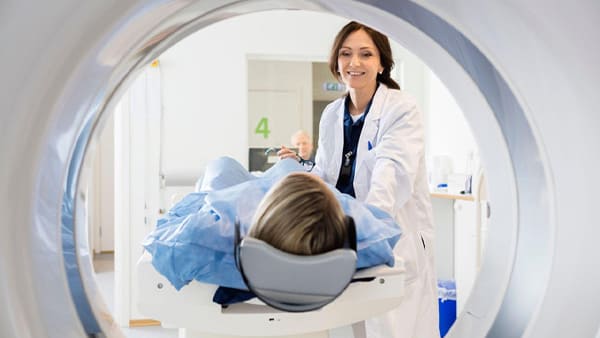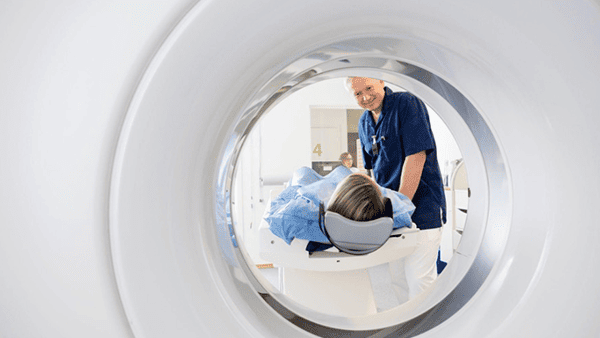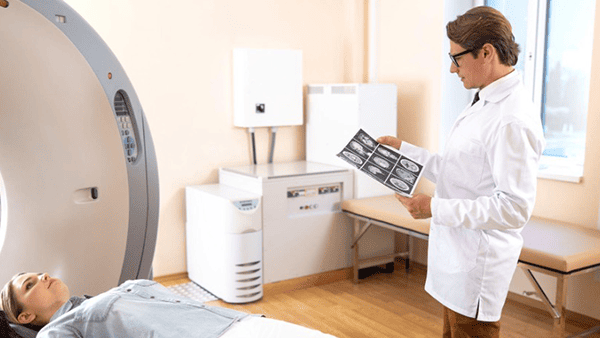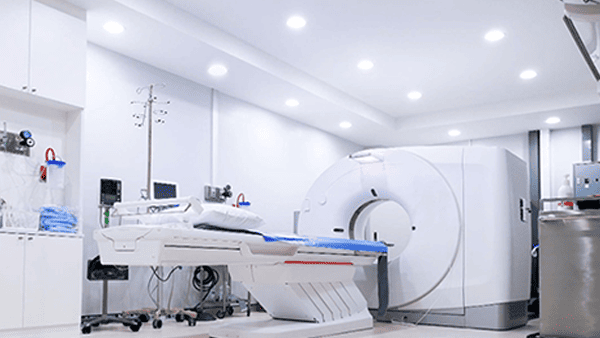
Radiology might sound like a one-size-fits-all term, but it’s anything but. If you’ve ever needed imaging for a health concern, you’ve likely come across terms like diagnostic radiology, therapeutic radiology, or interventional radiology. Each plays a special role in modern medicine, and appreciating their differences can help you feel more informed about your care.
Diagnostic Radiology: Seeing What’s Beneath the Surface
Think of diagnostic radiology as the eyes of modern medicine. This branch focuses on imaging techniques like CT scans, X-rays, MRIs, and ultrasounds to identify what’s happening inside your body. Whether it’s detecting a tiny tumor, evaluating heart health, or identifying signs of lung disease, diagnostic radiology provides the critical insights your doctor needs to create a treatment plan.
At Life Guard Imaging, our CT scans are a cornerstone of diagnostic radiology. Non-invasive, quick, and detailed, they help you spot potential issues like coronary artery disease or early-stage cancers, often long before symptoms appear. We’ve helped countless patients catch issues early—when they’re most treatable. That’s the real power of diagnostic radiology: knowledge that leads to action.
Therapeutic Radiology: Treating the Problem
While diagnostic radiology identifies the issue, therapeutic radiology (or radiation therapy) focuses on treating it. This branch uses controlled doses of radiation to target and destroy cancer cells while sparing as much healthy tissue as possible. It’s precise and powerful, often forming a key part of cancer treatment plans. The sooner a condition is diagnosed—through tools like our CT scans—the better the chances of successful treatment.
Interventional Radiology: Combining Imaging with Action
Interventional radiology is where diagnostics meet action. It uses imaging techniques like CT or ultrasound to guide minimally invasive procedures, such as biopsies, stent placements, or draining fluid from an infected area. These procedures often replace more invasive surgeries, reducing recovery time and risks for patients.
For example, interventional radiologists might use CT guidance to pinpoint the exact location of a lesion for a biopsy. This precision ensures that the procedure is as effective and safe as possible. While Life Guard Imaging doesn’t perform interventional procedures, we’re proud to provide helpful imaging that can guide and inform such critical care.
Putting It All Together
Radiology really is about the stories images tell. Diagnostic radiology, like the CT scans we offer, provides the foundation for everything that follows. It’s the first step in a journey toward answers—whether that means peace of mind, early intervention, or a pathway to recovery.
At Life Guard Imaging, we make that first step as seamless as possible. With cutting-edge technology and a compassionate team, our goal is to give you the information you need to stay ahead of your health.
A Clearer Picture of Your Health Awaits—Get at Peace of Mind Today With Life Guard Imaging
Imaging saves lives. And it all starts with a scan.
At Life Guard Imaging of Tampa, we focus on diagnostic radiology through advanced CT scans, because we believe in the power of early detection. It’s quick, it’s painless, and it’s one of the very best tools you have to take control of your health. Schedule your scan today, call us at (813) 576-0467 and let’s get a clearer picture of your well-being!
continue reading
Related Posts
Health changes quietly—sometimes very gradually, sometimes all at once. If […]
Getting a CT scan at Life Guard Imaging in Tampa isn’t like […]
If you’ve smoked in the past—or still do—you’ve probably heard […]






